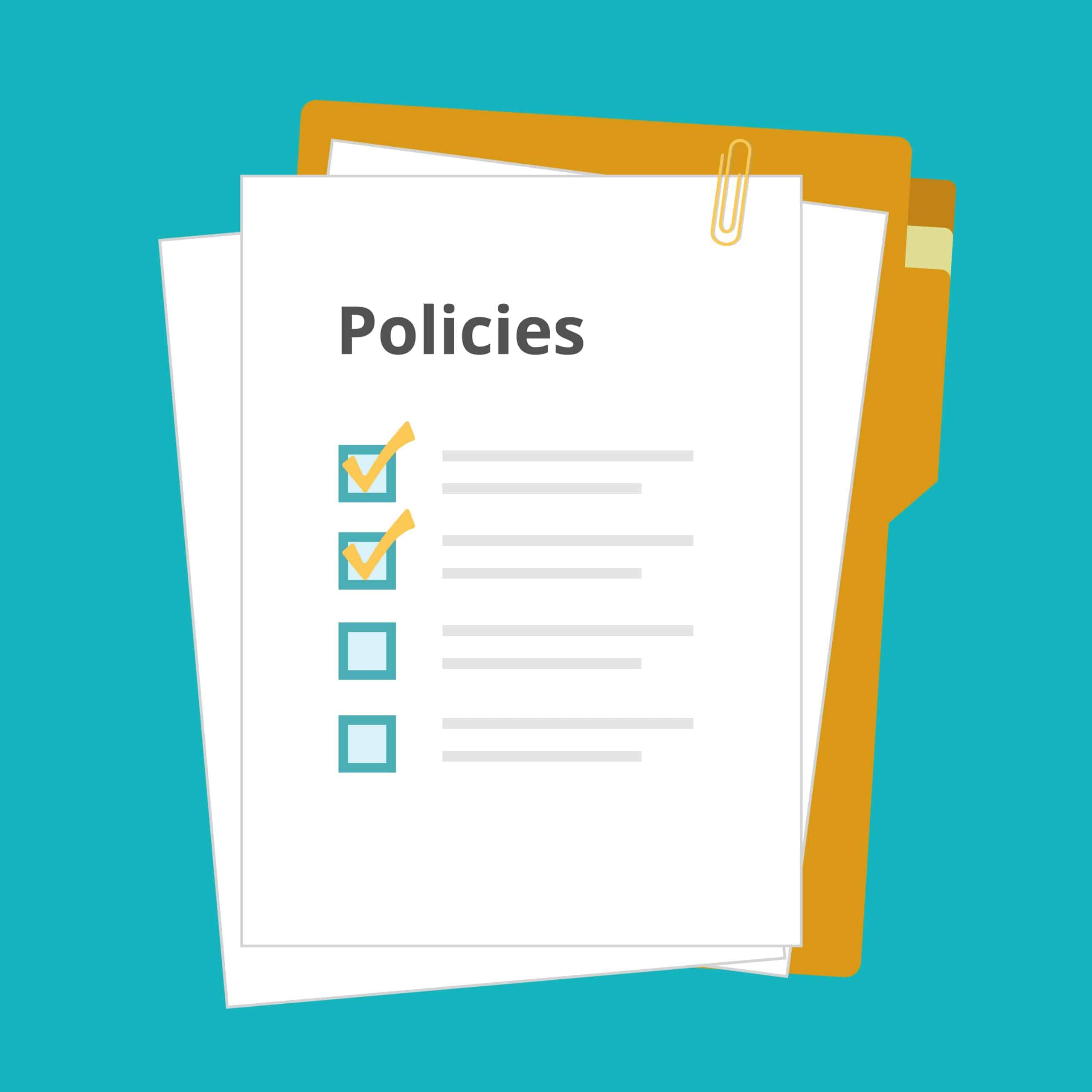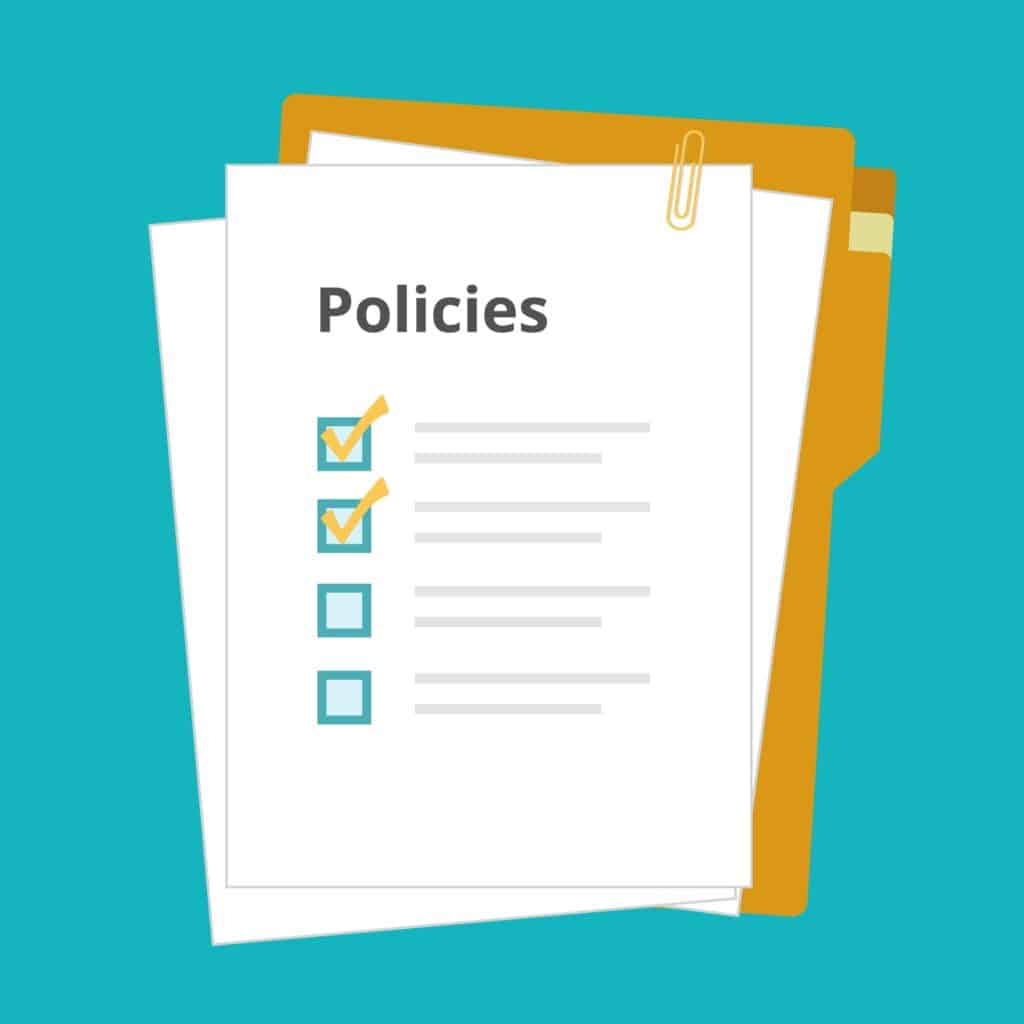Blog

EHL's View on the Proposed UK Anti-Obesity Policy
The UK government recently released their strategy to urge its citizens to lose weight in order to “help adults and children live healthier lives”. As you are most likely well aware by now, the headlines are flooded with opposing views on the topic.
The government reports their inspiration to release such a policy came from the recent and ongoing Covid-19 pandemic and claim it serves to “protect the NHS” which, quite simply put, is fat shaming and fearmongering.
They claim “obesity prevalence is highest amongst the most deprived groups in society. Children in the most deprived areas of the country are more than twice as likely to be obese as their peers living in the richest areas.” Which begs the question: why is the emphasise not on social equality > weight loss?
They also claim that those who are overweight or obese are at greater risk of poor outcomes related to Covid-19, however, we know those who live with co-morbidities such as diabetes or any chronic illness, may be more vulnerable. This population may otherwise be at greater risk of living in a bigger body. Therefore, is being overweight the concern here or whether the co-morbidities often associated with being overweight/obese are?
We also know weight is not a determinant of health. In fact, living an active lifestyle, nourishing your body and mind, getting adequate sleep and managing stress are all predictors of health, NOT your body mass index (BMI).
Now, there are some interesting policies that may indeed be warranted and beneficial to overall public health, however, many of the proposed may actually be more harmful and lend to public shaming rather than health itself.
The entire policy document can be found here.
Here is a SUMMARY OF THEIR PROPOSAL:
- To ban TV and online adverts for foods that are high in fat, sugar and salt before 9pm
- End of deals like ‘buy one get one free’ on unhealthy food high in salt, sugar and fat
- To display calories on menus to help people make healthier choices when eating out (alcoholic drinks could soon show ‘liquid calories’)
- Work to expand weight management/ weight loss services available through the NHS
- Have more transparency in nutrition labelling and food claims on products
- Require food businesses, including restaurants, cafes and takeaways to add calorie labels to the food they sell
- Promote weight management programmes in schools
OUR VIEW?
Some of the proposed policies can absolutely be in the best interest of the public including:
- Putting a ban on TV ads that influence consumer behaviour to desire nutrient-void foods
- Stopping big companies from promoting nutrient void foods and deals such as buy one and get one free
- Having more transparency on nutrition labels to empower consumers to make informed choices
- Making fruits and vegetables more affordable for all
On the contrary, we DO NOT support the use of a global pandemic as a fearmongering tactic to promote weight loss. In addition, requiring food providers to provide caloric values for every single item they have on their menus does not consider the 1.25million people living with an eating disorder in the UK.
Interestingly, a very large-scale meta-analysis published by Cochrane (the gold-standard in research) found there is only a small body of [low quality] evidence supporting the idea that putting calories on menus leads to a total reduction in calories consumed [1].
Beat Eating Disorders sums this up eloquently in their recent position paper released on the anti-obesity policy where they state “[they] also fail to consider the fact that eating disorders and obesity are not separate issues, since many people with eating disorders also have obesity, and obesity is a risk factor for developing an eating disorder”.
What is also interesting is that mortality rate is much higher in individuals with eating disorders than those living with obesity, yet this policy may exacerbate this.
Using public health campaigns to stigmatise living in a larger body has also been found to be associated with developing an eating disorder. We also know this may worsen the willingness and ability for individuals with eating disorders to seek help from their healthcare providers. For example, those living with obesity can also suffer from an eating disorder and they may be missed or ashamed to ask for help.
If we take the new Canadian policy as a contrast, they look to address this issue by promoting a more holistic view among all health professionals.
Canada demonstrates how this is the case and that obesity should not be looked at from the ‘weight loss mandatory’ lens, rather we should focus on health promoting behaviours instead.
They report “it is time to STOP focusing on BMI and numbers on a scale and rather speak to patients about their goals and their triggers”.
The key difference here? They acknowledge the psychology of weight and living in a weight-biased society. In the 19 chapters of the new published guidelines, they consider the psychology of eating, mental illnesses and nutrition therapy. Sigh… this makes me proud!
Obesity is multifactorial and not solely related to the food we eat and the exercise we engage in. The UK government has clearly not considered social determinants of health, which we know play a significant role in long-term health.
THE VERDICT?
- Public health policies should move away from those that increase weight stigma, view obesity as a choice and encourage disordered eating behaviours.
- We recommend focus on addressing health inequalities rather than oversimplifying health as a weight issue.
- Focus on positive messaging such as thinking about what we can add to our food choices instead of what we need to avoid or restrict.
- Public health messages to promote health for ALL and not severely exclude a large proportion of the population who are at higher-risk.
- Eating disorder and weight management professionals need to work together to find public health campaigns that consider weight-related issues as complex and multifactorial and move away from shameful and stigmatising language.
- Teach our children how to be intuitive eaters rather than addressing and blaming their weight.
Let us know your thoughts! Email at [email protected]
If you would like to get involved or seek additional help, visit beateatingdisorders.com
EHL x
References
Crockett RA, King SE, Marteau TM, Prevost AT, Bignardi G, Roberts NW, et al. Nutritional labelling for healthier food or non‐alcoholic drink purchasing and consumption. Cochrane Database Syst Rev. 2018;(2).














